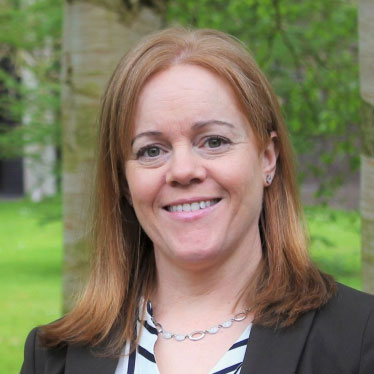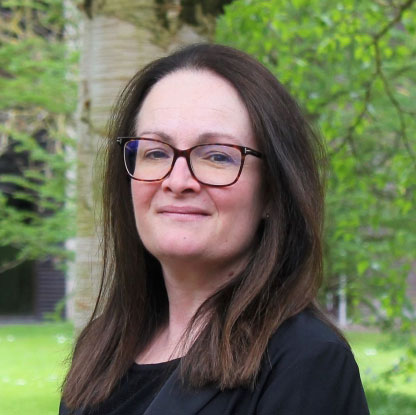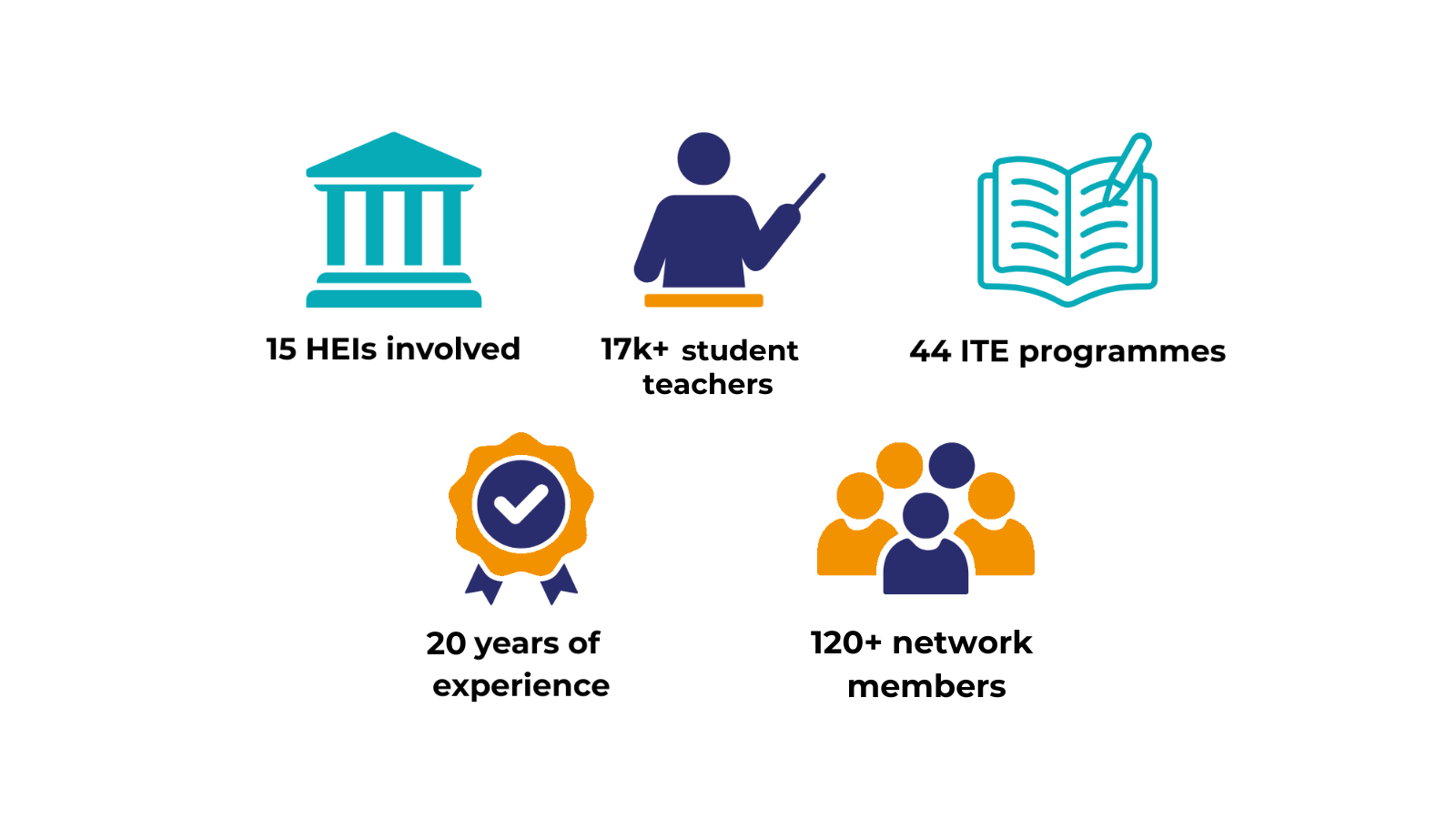
Deirdre Hogan
Project Coordinator, Ubuntu Network

Dr Joanne O’Flaherty
Research Lead, Ubuntu Network

Teja Solar
Digital Media and Communications Officer, Ubuntu Network
A network of educators focused on embedding global citizenship and sustainability within post-primary teacher education.
In a world marked by war, inequality, a climate crisis, forced migration and rising far-right ideologies, democracy and human dignity are under threat. For post-primary teachers in Ireland, it’s no longer enough to be technically competent in their specialised fields.
They are increasingly called to engage with social justice and sustainability through Global Citizenship Education (GCE) and Education for Sustainable Development (ESD). These approaches foster critical thinking, awareness of power and informed action for change. Since 2005, the Ubuntu Network based at the School of Education, University of Limerick, has led efforts to embed this learning into post-primary teacher education.
Embedding citizenship in post-primary teacher education
If teachers can successfully bring issues of social justice and sustainability into their classrooms, their pupils are more likely to emerge at the end of their school journeys as rounded and responsible citizens.
To make this a reality, GCE and ESD must be a central focus of post-primary teacher education. The Ubuntu Network plays a significant role in this effort, promoting a model of education that encourages reflection and action on global challenges. Comprising educators from 15 higher education institutions and NGO partners, the network supports the integration of justice, equality, inclusion and sustainability into post-primary teacher education through collaboration, peer learning and research-informed practice.
Ascertaining and addressing the
needs of teacher educators is
a core area of our work.
Integrating Global Citizenship Education into teaching
“Our focus is on supporting teacher educators to integrate core concepts of GCE and ESD into their practice in a way that resonates with the student teachers who will ultimately be working in post-primary schools in Ireland,” explains Deirdre Hogan, Project Coordinator, Ubuntu Network. “Arising from this work, we see graduates enter the teaching profession as active global citizens who seek to integrate into their teaching, perspectives that encourage engagement to build a more just and sustainable world.”
This approach is needed now more than ever, notes Hogan. “In the past, GCE and ESD existed on the periphery of teacher education,” she says. “In today’s world, it’s crucial that they are at the heart of education because socially, economically, environmentally and politically, we are all affected by what goes on both locally and globally.” Indeed, this is how the network gets its name: Ubuntu is an African concept describing ‘the essential bond of sharing which connects all humanity.’
The initiative, funded by Irish Aid, Department of Foreign Affairs and Trade, works in four interconnected areas. First, it supports curricular interventions that embed GCE in teaching, learning and assessment processes, aligned with the Céim Standards for Teaching Council accreditation.
Professional development and peer learning
Second, it builds the capacity of teacher educators through communities of practice, professional development events and peer learning. “Ascertaining and addressing the needs of teacher educators is a core area of our work,” says Dr Joanne O’Flaherty, Research Lead, Ubuntu Network. “For example, we hold two flagship events annually where all interested stakeholders come together to talk to each other and share practice.”
Third, the network gathers and analyses research data to demonstrate the impact of its partnerships and projects. It also provides a research hub for its members to point them to the latest thinking on GCE. Lastly, it operates an outreach policy, inviting stakeholders to share learning and advocate for the prominence of GCE in policy, curriculum and practice.
Social justice, equity and education
The network has had significant reach and impact since its founding. “In the last academic year, we engaged more than 3,000 student teachers across 31 programmes,” says Dr O’Flaherty. “We also hosted capacity-building events, engaging 138 educators, with the majority of participants reporting a positive influence on their professional practice.”
O’Flaherty credits that success to one key element. “When you engage with our network, you engage with a community where dialogue and principles of social justice, equity and education for sustainable development are core,” she says. “The strength of our network is our members.”





